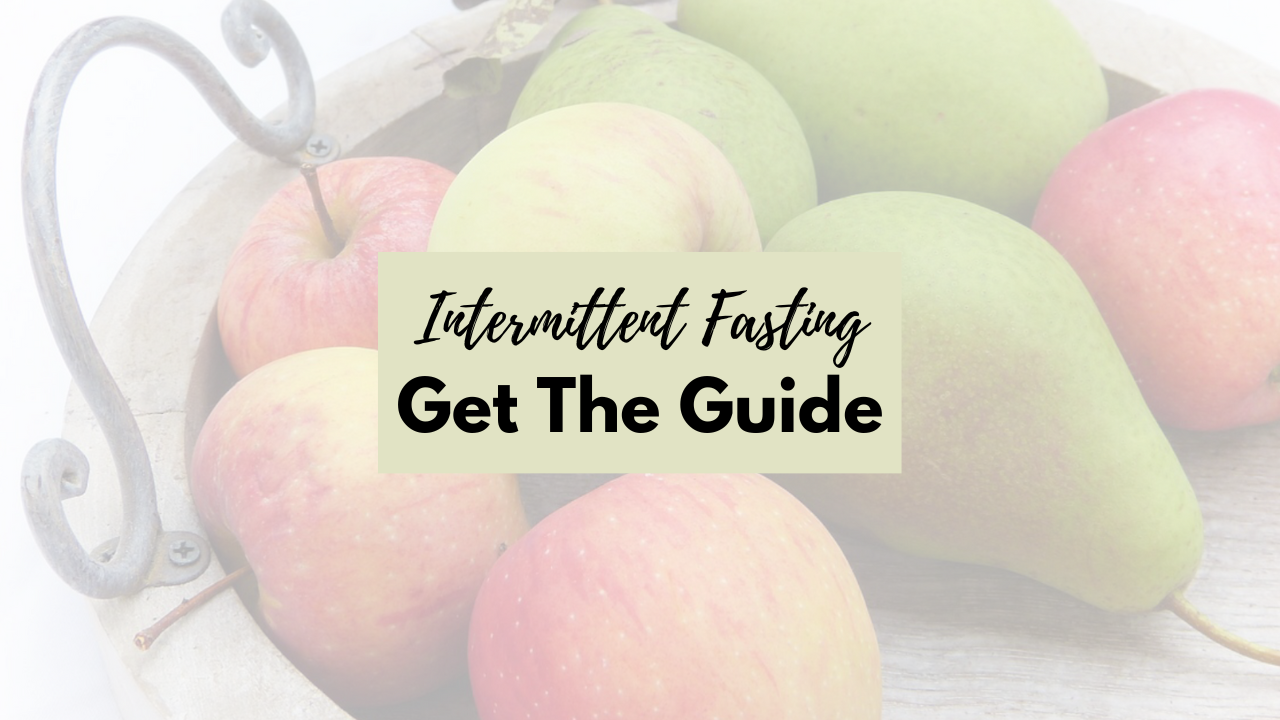Do I Need Supplements and Vitamins?
Which ones, how much, what brands?
Great questions and it can sure be confusing. I know I have often felt overwhelmed by this and sometimes still do.
I’m going to cover what I am currently taking, why, what brand and which experts I am taking advice from. You’ll want to determine your own needs based on diet, nutrition, health issues, doctors advice.
I’ll also cover how to read labels and avoid fillers that your body doesn’t need.
First, let me begin with this - we are all bio individual so you have to begin to test and experiment with what your body needs.

Years ago I listened to a tape called “Dead Doctors Don’t Lie” and in it was a story by a man who had a porta-potty business. He took the researcher out back and showed him a small hill of undigested vitamins that were filtered out of the toilet units after use.
A lot of people have very expensive pee, to be blunt. The quality of vitamin along with how it is processed in your body matter and this is where people like you and I can become very confused if we aren’t scientists or doctors.
So, as a reminder, I am not a scientist or doctor and am sharing what I have researched, learned and what I do personally and none of this is advice for you. My Citations Page!
Here are the health factors and goals I used to decide what supplements I'll take:
Diet and Nutrition
Daily Sunlight
Health Issues
Doctor's Advice
Goals
I eat a very clean, largely organic diet and so I rely on food to provide a lot of my vitamins and minerals. There are plenty of debates out there about our depleted soil and water systems.
A confused mind says no and so I am just doing my best. I don’t personally want to take 20 pills a day and I am guessing you don’t either.
Not all supplements are the same and just like food, you must read labels. Look for fillers.

Here are some of the most commonly used fillers:
- Microcrystalline Cellulose: A refined wood pulp used to provide bulk and stability to tablets and capsules. It acts as a binder and a disintegrant. These create absorption and help the supplement break down within your body.
- Magnesium Stearate: A lubricant that prevents ingredients from sticking to manufacturing equipment. It also acts as a flow agent, ensuring the uniformity of the mixture.
- Silicon Dioxide: An anti-caking agent that prevents powders from clumping together. It is often used in capsule and tablet formulations.
- Gelatin: Derived from animal collagen, gelatin is used to make capsules and some soft gels. It is also a binding agent.
- Dicalcium Phosphate: Used as a binder and to add bulk to tablets. It also provides a source of calcium and phosphorus.
- Maltodextrin: A carbohydrate derived from starch, used as a filler and to improve the texture and taste of powders and tablets.
- Stearic Acid: Another lubricant that prevents tablet ingredients from sticking to machinery and each other.
- Cellulose (Various Forms): Used as a filler, binder, and disintegrant. Forms include powdered cellulose and hydroxypropyl cellulose.
- Lactose: A sugar derived from milk, commonly used as a filler in tablets and capsules. It can also serve as a stabilizer.
- Starches (e.g., Corn Starch): Used as fillers, binders, and disintegrants. They help to give tablets their shape and consistency.
- Talc: Used as a glidant to improve the flow of powder blends during the tablet manufacturing process.
- Sucrose: Used as a sweetener and binder, especially in chewable tablets and liquid formulations.
- Titanium Dioxide: Used as a whitening agent and opacifier to make tablets and capsules more visually appealing.
- Polyethylene Glycol (PEG): Used as a binder, solvent, and plasticizer to improve the consistency and release of active ingredients.
So, which experts should you listen to?
You'll have to decide for yourself but I am a Dr Mark Hyman fan!

Grab his recommendations here!
From Chapter 15:
“confusion misinformation incomplete research and conflicting data. Inadequate regulation for quality standards in manufacturing, purity and potency and how to choose supplements is a potential minefield”
Summary of Dr Mark Hyman's Recommendations:
Vitamin D3, 2000 to 5000 IU a day with vitamin K2 including MK7
Multivitamin and Mineral, Pure Encapsulations
Magnesium Glycinate or Citrate,Thorne
Probiotics, Pure Encapsulations
Quercetin
Curcumin, Pure, Encapsulations
Berberine
What I use daily:
Turmeric Curcumin Vitality Rescue -
Glutathione NOW
Zinc - Garden of Life
Multi - Pure Encapsulations
Vitamin D NOW or Thorne drops
B12
Magnesium - Thorne
My Cycling Supplements:
Quercetin w/Bromelain NOW - Month on, month off
Vitamin C - NOW - when I travel and when others are sick around me
L-lysine - NOW - Month on, month off
Berberine - Ozempic like for weight loss NIH article here!
Betaine - NOW
Iron - Thorne - 2-3 times weekly
Want to have a conversation about your health? Take my free assessment and let's book a complimentary call to go over it!
Interested in learning more about my coaching programs and how I might be helpful to you? Let's get on a call and get your questions answered! Book that here!
Want a coach and some accountability? Join me in Intermittent Fasting - the Myths, the Magic and the METHODS
Want the Guide? Click Below!



